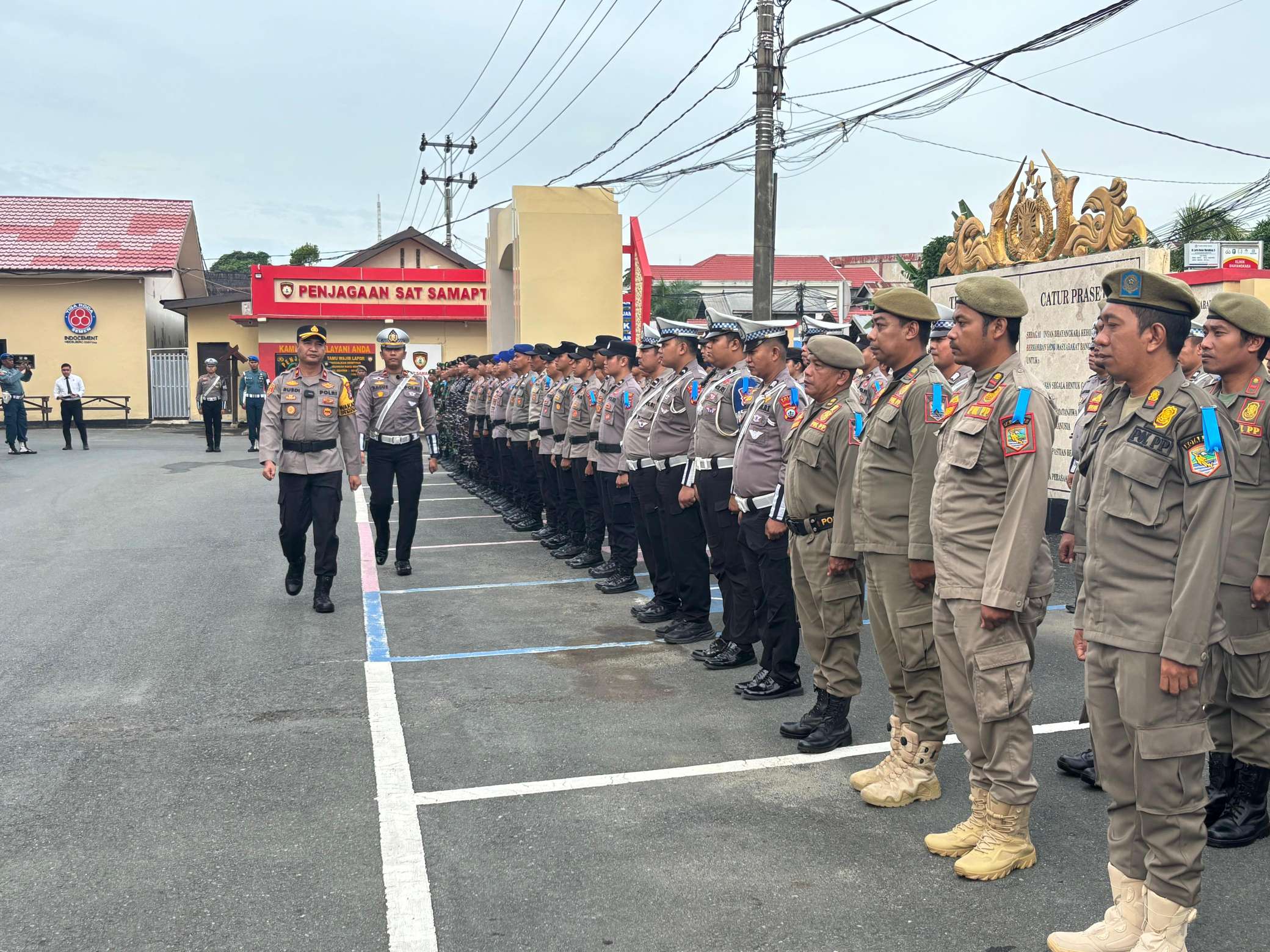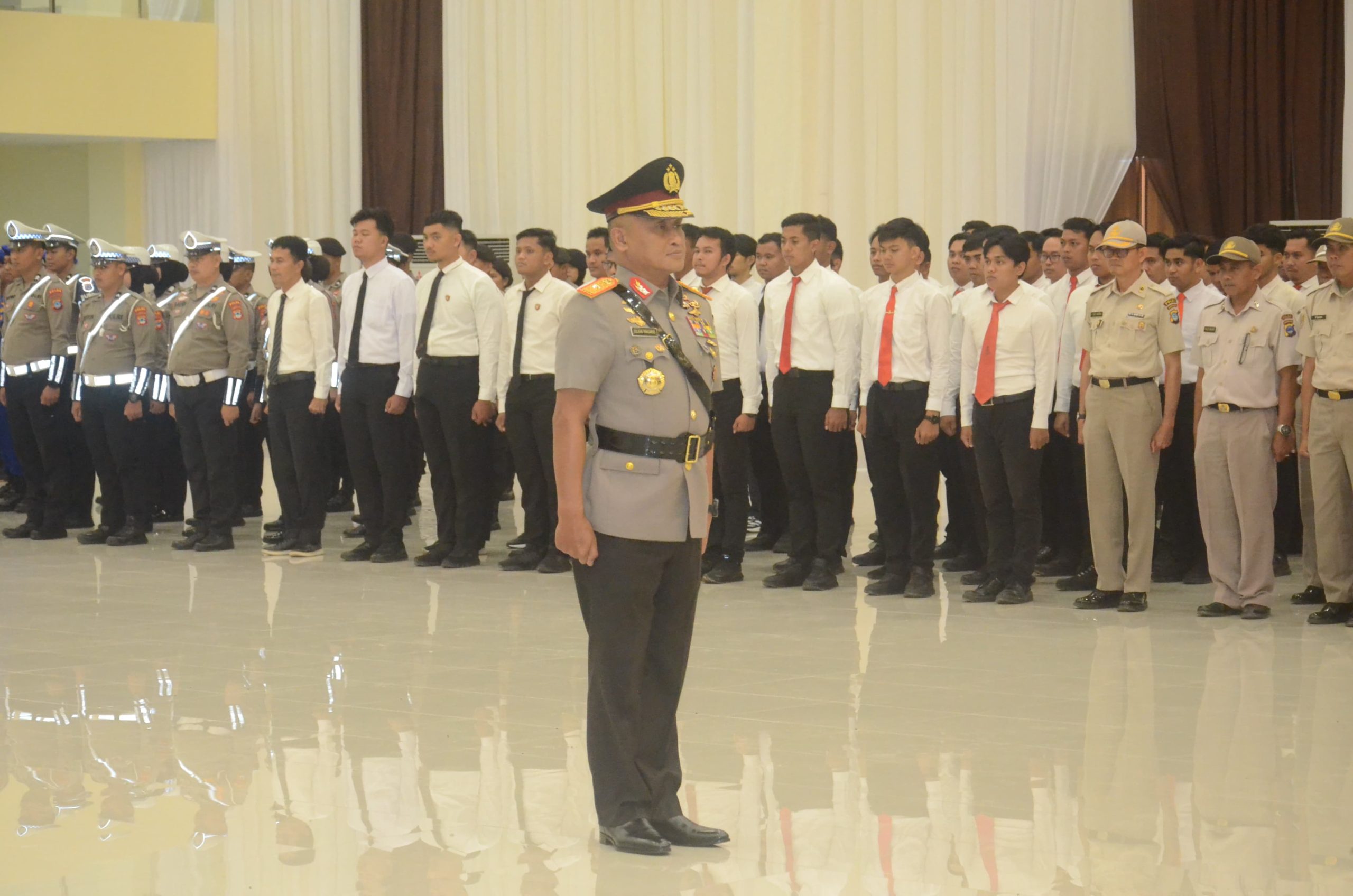- Golden Coast Transformed: Ghana navigates economic headwinds with breaking news in ghana today and ambitious infrastructure developments propelling a new era.
- Economic Resilience and Monetary Policy Adjustments
- Infrastructure Development: Fueling Growth
- Road Network Expansion
- Energy Sector Diversification
- Attracting Foreign Investment
- The Role of Special Economic Zones
- Digital Transformation and Financial Inclusion
- Navigating Challenges and Future Outlook
Golden Coast Transformed: Ghana navigates economic headwinds with breaking news in ghana today and ambitious infrastructure developments propelling a new era.
Ghana is experiencing a period of significant transformation, navigating complex economic challenges while simultaneously embracing ambitious infrastructure projects. Recent developments, including shifts in monetary policy and increased foreign investment, are shaping the nation’s economic trajectory. Breaking news in ghana today centers on these key areas, revealing a country determined to overcome obstacles and build a more prosperous future. The government’s commitment to diversifying the economy and fostering a supportive environment for businesses is crucial during this period of change.
The economic landscape has been subject to global pressures, including rising inflation and supply chain disruptions. However, Ghana’s resilient spirit and proactive approach to problem-solving are becoming increasingly evident. The focus on sustainable development and responsible resource management is also gaining momentum, positioning Ghana as a potential leader in the region.
This dynamic period presents both opportunities and challenges, and understanding the nuances of these shifts is essential for stakeholders both within Ghana and internationally. The unfolding story of Ghana’s economic and infrastructural evolution deserves close attention, as it holds valuable lessons for other developing nations.
Economic Resilience and Monetary Policy Adjustments
Ghana’s economy has demonstrated remarkable resilience in the face of global economic headwinds. The Bank of Ghana has undertaken several key monetary policy adjustments to stabilize the cedi and curb inflation. These measures, including increases in the policy rate and interventions in the foreign exchange market, are aimed at restoring macroeconomic stability. However, these adjustments also present challenges for businesses and consumers, leading to increased borrowing costs and potential slowdown in economic activity.
The government is also actively pursuing fiscal consolidation measures, including expenditure rationalization and revenue mobilization efforts. These steps are designed to reduce the country’s budget deficit and public debt levels. The success of these fiscal and monetary policies will be critical in determining Ghana’s economic performance in the coming years. Monitoring key economic indicators such as inflation, exchange rates, and GDP growth, is crucial.
Furthermore, Ghana continues to engage with international partners, including the International Monetary Fund (IMF), to secure financial assistance and technical support. This collaboration aims to bolster the country’s reserves and provide a buffer against external shocks. The IMF program also focuses on structural reforms to enhance long-term economic sustainability.
| Key Economic Indicator | 2022 (Actual) | 2023 (Estimate) | 2024 (Projection) |
|---|---|---|---|
| GDP Growth Rate (%) | 3.4 | 2.6 | 4.2 |
| Inflation Rate (%) | 31.7 | 27.0 | 15.0 |
| Exchange Rate (GHS/USD) | 8.5 | 11.5 | 12.0 |
| Budget Deficit (% of GDP) | 6.8 | 7.5 | 5.0 |
Infrastructure Development: Fueling Growth
A core component of Ghana’s economic strategy is a substantial investment in infrastructure development. Projects across various sectors, including transportation, energy, and digital connectivity, are underway, aimed at improving the country’s competitiveness and attracting foreign investment. Road construction is a major focus, with several highways and regional roads being upgraded or newly constructed, improving connectivity and facilitating trade within the country and with neighboring nations.
The energy sector is undergoing significant expansion, with investments in renewable energy sources such as solar and wind power. This diversification aims to reduce Ghana’s reliance on fossil fuels and address energy access challenges. Furthermore, the development of port infrastructure is critical for enhancing trade and logistics. The expansion of the Tema Port and the construction of new ports along the coastline are contributing to increased trade volumes.
Digital infrastructure is also receiving considerable attention, with investments in broadband connectivity and the expansion of mobile network coverage. This digital transformation is essential for fostering innovation, promoting financial inclusion, and improving access to education and healthcare. These endeavors are integral to Ghana’s long-term economic prospects.
Road Network Expansion
Ghana’s commitment to infrastructure extends significantly to the improvement and expansion of its road network. This focus isn’t merely about construction; it’s about strategically linking communities, facilitating trade, and fostering economic growth. Current projects include the upgrading of major highways connecting key regional centers, as well as the construction of new feeder roads to improve access to remote areas. The emphasis on quality road infrastructure ensures efficient transportation of goods and people, reducing transportation costs and boosting economic activity. This creates opportunities for local businesses and facilitates the smooth flow of agricultural products to markets. These improvements are helping to alleviate traffic congestion and travel times.
The government is also exploring innovative financing models, such as public-private partnerships (PPPs), to attract private sector investment in road infrastructure. These partnerships leverage the expertise and resources of private companies to accelerate project implementation and ensure long-term sustainability. The implementation is overseen by the Ministry of Roads and Highways as a key task to realize a modern and well-connected Ghana.
Energy Sector Diversification
Ghana is proactively diversifying its energy sources to ensure a reliable and sustainable power supply. The dependence on traditional fossil fuels is being gradually reduced through increased investments in renewable energy projects, particularly solar and wind power. Several large-scale solar farms are already operational, contributing to the national grid, and more are planned for the future. Wind energy projects are also gaining traction, with potential sites identified along the coastline. This strategic shift aims to not only address energy security concerns but also to reduce carbon emissions and promote environmental sustainability.
In addition to renewable energy, Ghana is also investing in improving the efficiency of its existing power plants and expanding electricity transmission infrastructure. These improvements are crucial for minimizing power outages and enhancing the reliability of the electricity supply. This sector gets priority investment from international partners due to Ghana’s strong track record on sustainable practice. The government is actively encouraging private sector participation in the energy sector, offering incentives for investments in renewable energy projects.
- Improved access to electricity in rural areas.
- Reduced reliance on fossil fuels and lower carbon emissions.
- Increased energy security and reduced vulnerability to fuel price volatility.
- Job creation in the renewable energy sector.
Attracting Foreign Investment
Ghana is actively working to attract foreign investment, recognizing its pivotal role in driving economic growth. The government has implemented several initiatives aimed at creating a more favorable investment climate, including streamlining business registration processes, reducing bureaucratic hurdles, and offering tax incentives to investors. These efforts are focused on making Ghana a more attractive destination for foreign capital. The nation’s political stability, coupled with its relatively well-developed infrastructure and skilled workforce, makes it an appealing location for investors seeking growth opportunities.
The government is particularly targeting investments in key sectors such as agriculture, manufacturing, and tourism. Each has substantial potential for job creation and export earnings. Special economic zones (SEZs) are being established to provide investors with access to land, infrastructure, and a range of incentives. These SEZs are designed to promote export-oriented manufacturing and generate foreign exchange. Active participation in regional trade agreements is boosting trade and investment flows.
Ghana is also focused on improving its ease of doing business rankings, making it easier for companies to start, operate, and grow their businesses. This requires ongoing reforms to streamline regulations, reduce corruption, and enhance transparency. Collaboration with international organizations, such as the World Bank and the International Finance Corporation, provides the technical assistance and resources needed to implement these reforms.
The Role of Special Economic Zones
Special Economic Zones (SEZs) are playing a critical role in Ghana’s strategy to attract foreign investment and promote industrial development. These zones offer a range of incentives to businesses, including tax breaks, simplified customs procedures, and access to dedicated infrastructure. The goal is to create a conducive environment for export-oriented manufacturing and the creation of high-skilled jobs. SEZs are strategically located in areas with good transportation links and access to resources, as well as local communities.
The government is actively promoting the establishment of SEZs in various regions of the country, focusing on sectors such as agro-processing, textiles, and pharmaceuticals. The SEZs are designed to provide a one-stop shop for investors, simplifying the process of setting up and operating a business. Effective management and infrastructure within these zones are essential for ensuring their success. The implementation of strict environmental and labor standards within the SEZs is prioritized to ensure sustainable development.
| SEZ Name | Location | Focus Sector | Investment (USD Millions) |
|---|---|---|---|
| Tema Export Processing Zone | Tema | Multi-sector | 500 |
| Shama Industrial City | Shama | Agro-processing | 200 |
| West Africa Vehicle Assembly | Prampram | Automotive | 150 |
Digital Transformation and Financial Inclusion
Ghana is rapidly embracing digital transformation, leveraging technology to drive economic growth and improve the lives of its citizens. The government is investing in expanding broadband connectivity, promoting the use of mobile payments, and supporting the development of a vibrant digital economy. This focus on digital innovation is critical for streamlining business processes, enhancing transparency, and increasing efficiency. Digital solutions are helping to overcome geographical barriers and connect rural communities to essential services.
Financial inclusion is also a key priority, with efforts underway to expand access to financial services for marginalized groups. Mobile money is becoming increasingly popular, enabling individuals to send and receive payments, save money, and access credit. Fintech companies are playing a crucial role in developing innovative financial products and services tailored to the needs of the unbanked and underbanked populations. This is creating a more inclusive and resilient financial system.
Furthermore, the government is investing in skills development to prepare its workforce for the demands of the digital economy. Training programs are being offered to equip individuals with the skills needed to thrive in the digital age. The government’s ambition is to become a regional hub for technology and innovation.
- Investing in digital literacy programs.
- Expanding access to affordable internet.
- Promoting the use of mobile payment platforms.
- Supporting fintech startups.
Navigating Challenges and Future Outlook
Despite its progress, Ghana still faces several challenges. These include managing public debt, high unemployment rates, and addressing income inequality. The government is actively working to address these issues through sound economic policies and targeted social programs. The need for a diversified economy with a strong manufacturing base is essential for long-term and sustainable development.
Looking ahead, Ghana’s future outlook remains optimistic. The country’s rich natural resources, its strategic location, and its commitment to good governance provide a solid foundation for sustained economic growth. Continued investment in infrastructure, education, and innovation will be key to unlocking the full potential of the Ghanaian economy. International partnerships and continued reforms will also be crucial to navigate emerging challenges and capitalize on new opportunities.




